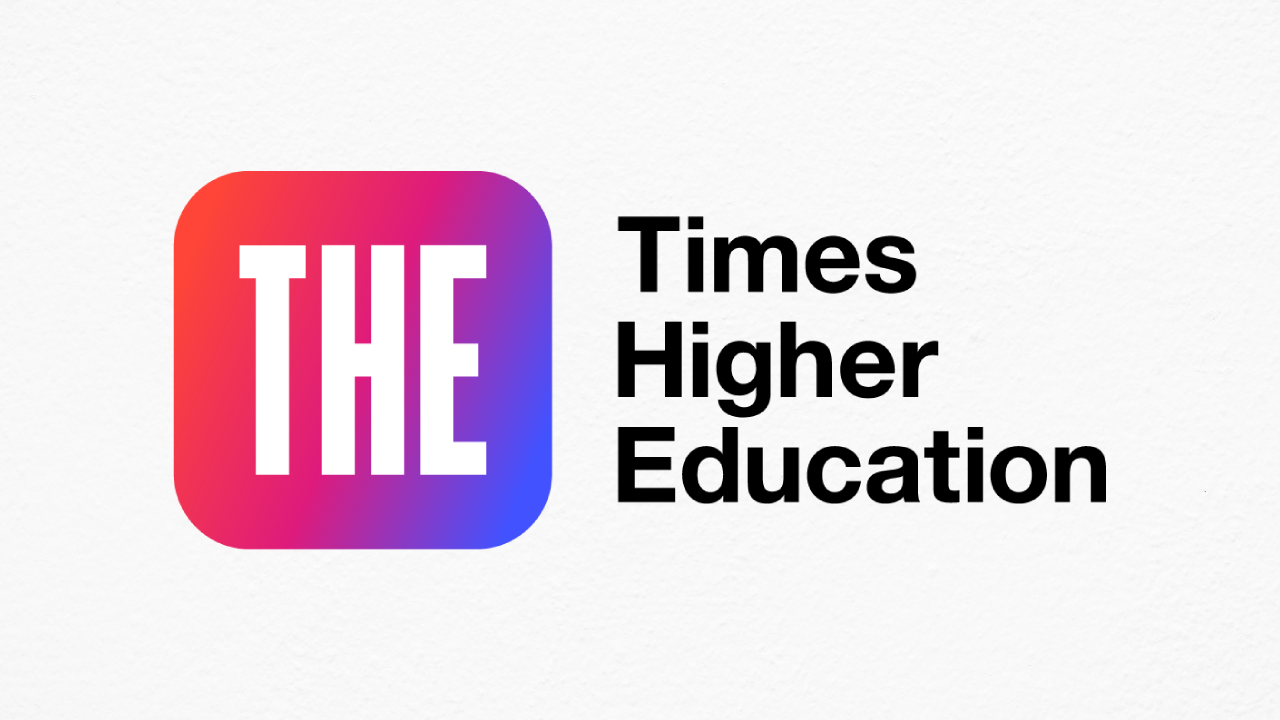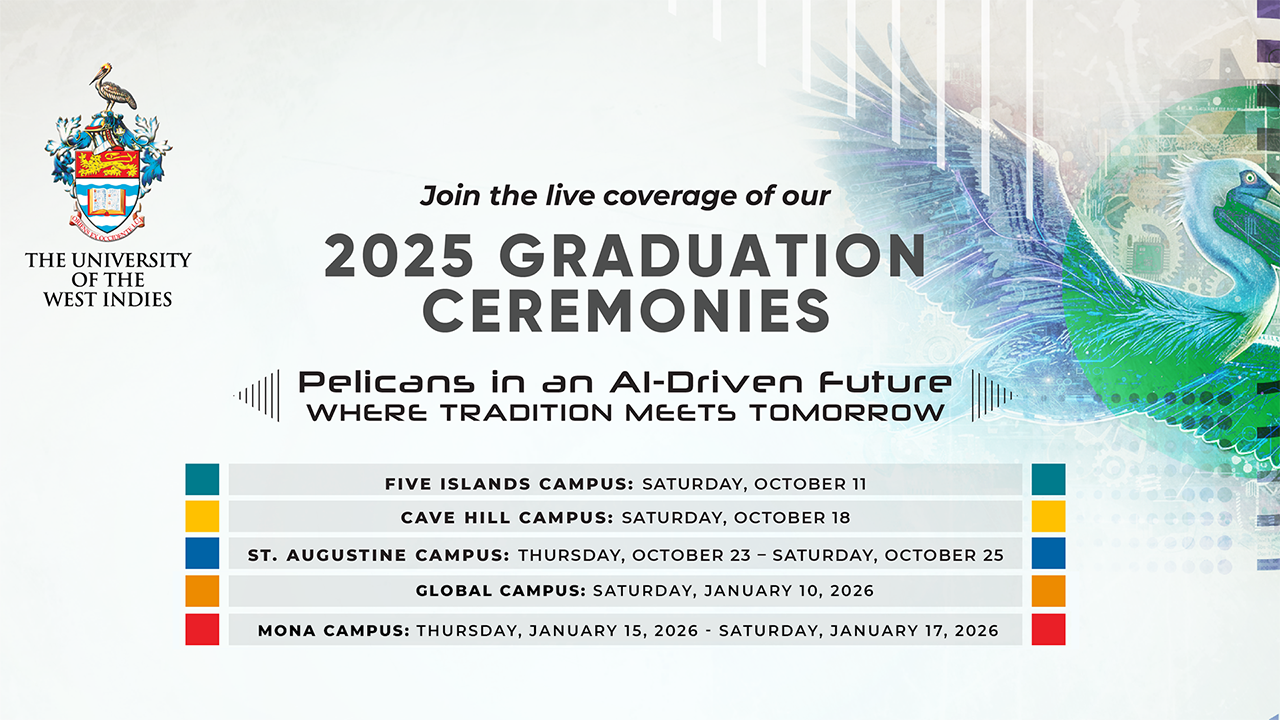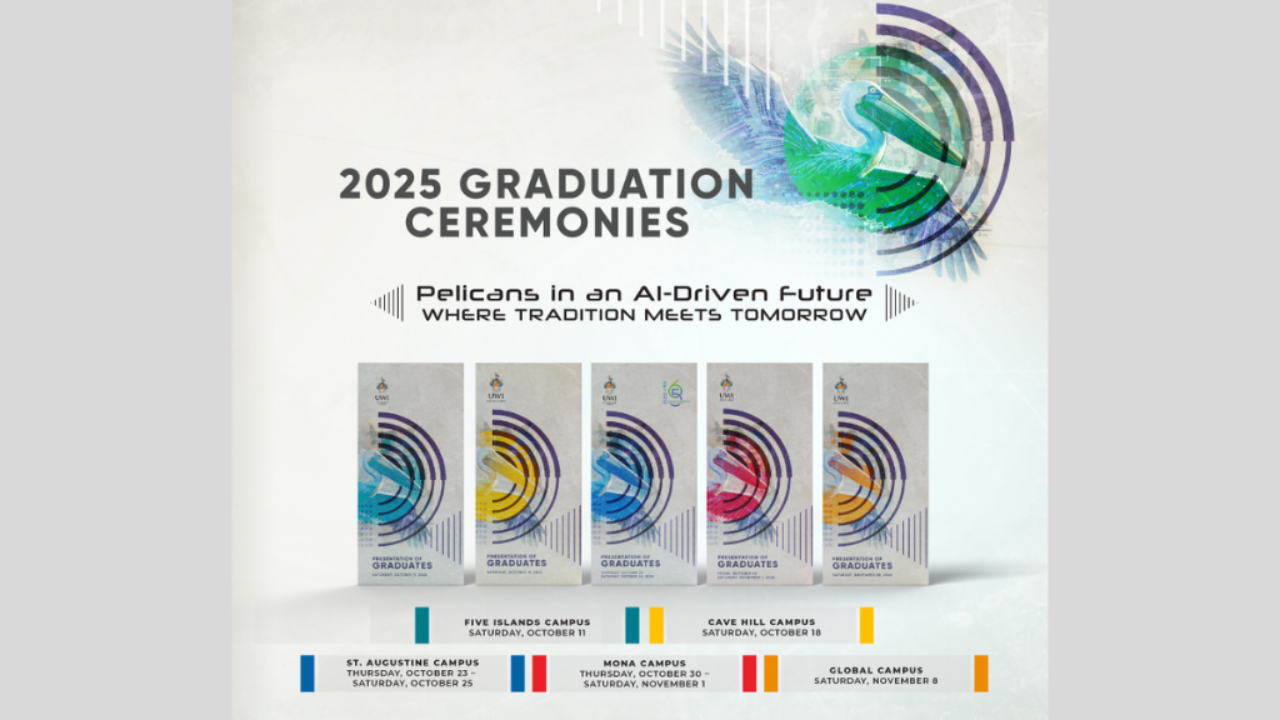
The University of the West Indies (The UWI) and the University of Glasgow are celebrating a historic milestone, as the first cohort of students have graduated from the world’s first Master’s in Reparatory Justice. The five graduates were awarded their joint degrees from both Glasgow and The UWI in Glasgow on Monday December 9.
The double-degree MA/MSc in Reparatory Justice programme is a collaborative initiative between two universities through their joint Glasgow-Caribbean Centre for Development Research (GCCDR). The programme prepares students for leadership roles in the global reparations movement. Participants examine the complexities of slavery, colonialism, and human rights, while also contributing to an evolving global discussion on reparatory justice.
A key feature of the programme is the unique opportunity to work with scholars at the Centre for Reparations Research at The UWI and Glasgow’s Beniba Centre for Slavery Studies. Students also have the flexibility to study at either the University of Glasgow or The UWI campuses in Mona or Cave Hill. This arrangement offers an international learning experience enriched by the expertise of both Caribbean and global contexts.
Fer Ortiz Vivas, who graduated with distinction said: “The Reparatory Justice Master’s has been a transformative experience. Not only have I gained specialised knowledge, but I’ve had the opportunity to connect with incredible scholars and activists from all over the world. My research on Spanish compensation schemes for enslavers in Puerto Rico is just the beginning. This programme has encouraged me to explore intersections between archival research, artistic practices, and healing, and I’m excited to continue my studies at the PhD level.”
Fanny Olsson, who completed her undergraduate studies in History at Glasgow before applying to the Master’s programme, also graduated with distinction, and said: “It’s starting to sink in that I’m part of the first cohort of students to graduate from this programme, and it’s such a privilege. The research we have done and the connections we’ve made are crucial in shaping my future academic work. I’m excited to continue exploring reparatory justice beyond the scope of slavery, focusing on the intersection of gender, sexuality, health, and class in specific US towns.”
Vice-Chancellor of The UWI, Professor Sir Hilary Beckles, congratulated the graduating class, stating: “Our UWI community is immensely proud of the dedication and achievements of this pioneering group of students. Their graduation marks a significant milestone in our partnership with the University of Glasgow. We look forward to following their journey as advocates for justice in the ongoing reparations discourse, especially as this important movement continues to gain momentum globally. There is a pressing need for more unified voices to ensure that the reparations dialogue addresses contemporary challenges. As an activist university leading this movement, we embrace them as UWI alumni. We value their expertise and believe they have the potential to significantly impact the trajectory of reparative justice.”
Professor Sir Anton Muscatelli, Principal and Vice-Chancellor of the University of Glasgow, said: “These graduations mark a truly historic milestone in the University of Glasgow’s journey of reparative justice. When we signed the Memorandum of Understanding with The University of the West Indies in 2019, we committed not just to acknowledging our past links to slavery, but to actively changing their consequences. “This first cohort of graduates from our joint Glasgow–UWI pioneering Reparatory Justice programme embodies that commitment. These exceptional scholars will help shape the global conversation on reparative justice, turning our institution’s promise into meaningful action. While we cannot change the past, we can – through education, research and partnerships like this groundbreaking collaboration with The UWI – help build a more equitable future.”
Pro Vice-Chancellor for Global Affairs at The UWI, Ms. Sandrea Maynard also noted the significance of the occasion, stating: “This is a truly groundbreaking programme, and we are immensely proud of this inaugural cohort of students graduating at such a pivotal moment in our shared history. Their achievements come as society confronts critical challenges surrounding decolonization and reparatory justice, alongside pressing development issues such as climate justice. We commend their dedication and eagerly anticipate their future contributions and thought leadership as the world navigates these complex realities. The Office of Global Affairs is honoured to have played a role in this effort, successfully operationalising the MoU signed with our esteemed partner in 2019.”



